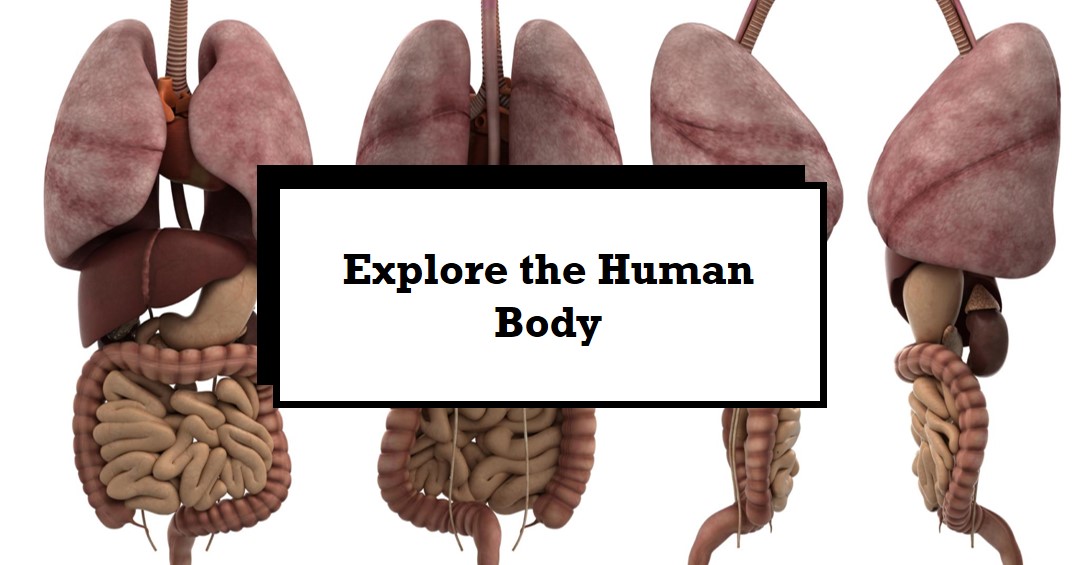The Abdomen (AB) specialty in sonography focuses on imaging the abdominal structures to assist in diagnosing and monitoring various conditions. This area of diagnostic medical sonography (DMS) is critical for detecting, evaluating, and managing abdominal diseases and conditions. Professionals in this field use ultrasound technology to produce images of the abdominal organs, including the liver, gallbladder, spleen, pancreas, and kidneys.
What is Abdominal Sonography?
Abdominal sonography, or abdominal ultrasound, is a noninvasive diagnostic procedure that uses high-frequency sound waves to create images of the organs within the abdomen. Unlike other imaging techniques, it does not use radiation, making it a safe choice for patients, including pregnant women and children.
Common Pathologies Detected by Abdominal Sonography
Abdominal sonographers encounter a wide range of pathologies, including but not limited to:
- Liver diseases (e.g., hepatitis, cirrhosis, liver masses)
- Gallbladder conditions (e.g., gallstones, cholecystitis)
- Renal issues (e.g., kidney stones, cysts, tumors)
- Pancreatic disorders (e.g., pancreatitis, pancreatic tumors)
- Spleen abnormalities (e.g., splenomegaly, trauma)
- Abdominal aortic aneurysms (AAA)
Required Exams and Conditions
To become proficient in the AB specialty, sonographers must master several types of examinations, including:
- Comprehensive abdominal scans
- Focused assessments for trauma (FAST) scans
- Doppler imaging for blood flow and vascular structures
- Guided procedures (e.g., biopsies, fluid aspiration)
Essential Skills for Abdominal Sonographers
Professionals in this field need a robust set of skills, such as:
- Anatomy and Physiology Knowledge: Understanding the complex structures within the abdomen.
- Technical Proficiency: Operating sonography equipment and optimizing imaging techniques.
- Analytical Skills: Interpreting images to identify abnormalities.
- Patient Care: Communicating effectively and providing comfort during exams.
- Continuous Education: Staying updated with the latest practices, techniques, and certifications.
Education and Certification
To specialize in abdominal sonography, candidates typically need:
- Education: An associate or bachelor's degree in sonography from an accredited program.
- Certification: Passing the Abdomen (AB) specialty exam offered by the American Registry for Diagnostic Medical Sonography (ARDMS) to earn the RDMS credential.
Career Opportunities
With a specialization in abdominal sonography, professionals can work in various healthcare settings, including hospitals, diagnostic imaging centers, and private practices. The demand for skilled sonographers continues to grow, offering a stable and rewarding career path.
For more detailed information on pursuing a career in abdominal sonography, including educational paths and certification requirements, visit The Degree Guide.
Abdominal sonography is a fulfilling specialty that plays a crucial role in diagnosing and treating patients. By combining technical skills with patient care, abdominal sonographers contribute significantly to the healthcare team, helping to ensure accurate diagnoses and effective treatment plans.

